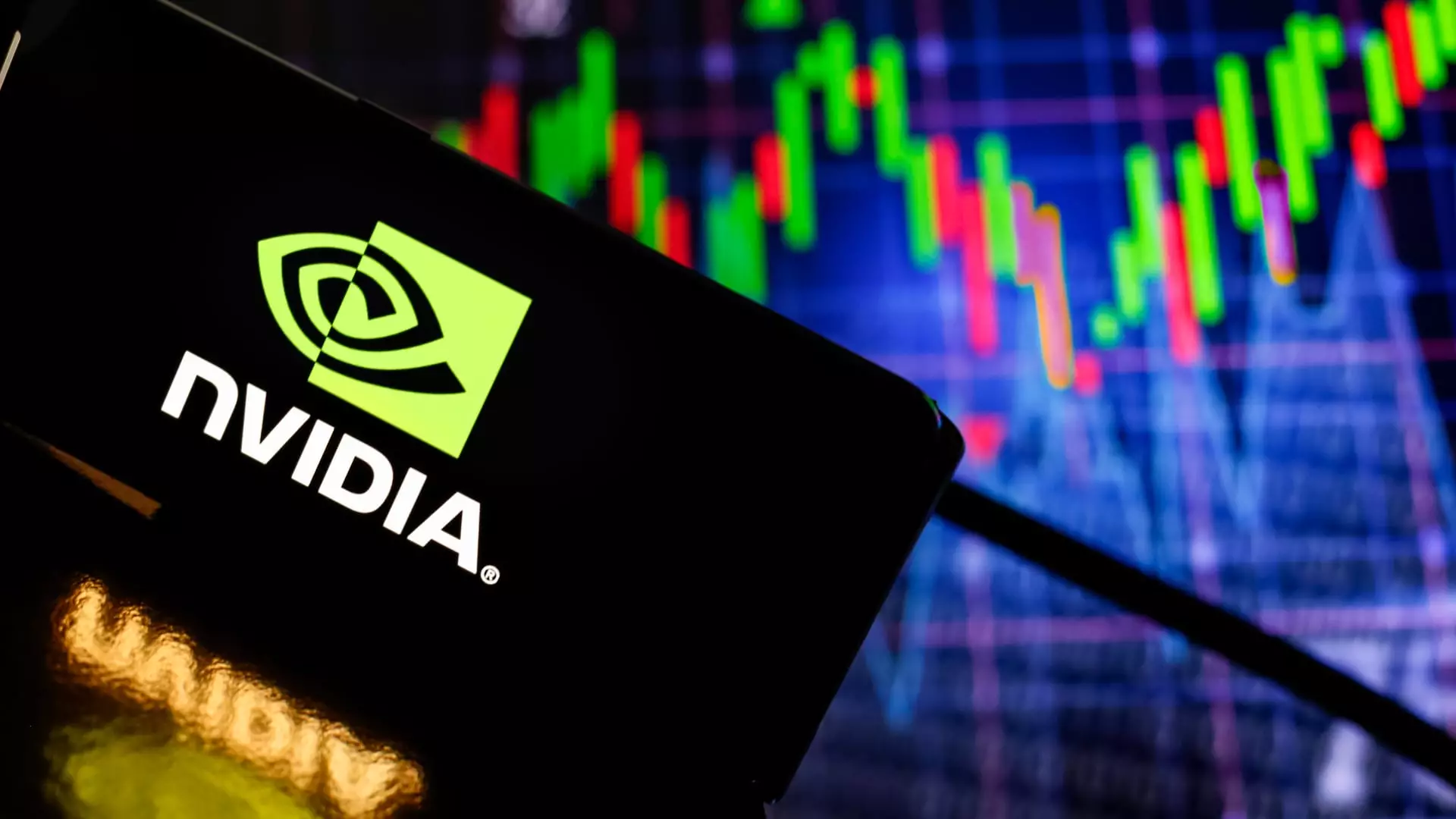In a recent segment on CNBC’s “Power Lunch,” Jay Woods, chief global strategist of Freedom Capital Markets, provided an in-depth analysis of Nvidia and other significant players in the market. His insights come at a crucial time when volatility is palpable across various sectors, particularly in the tech and automobile industries, due to changing market dynamics and evolving competitive landscapes.
Nvidia, a titan in the AI and semiconductor space, finds itself at the center of discussions following a significant drop of 17% in its stock value, a loss reportedly compounded by news surrounding the Chinese startup DeepSeek. This decline led to an astonishing $600 billion reduction in its market capitalization, marking it as one of the largest single-day losses for any U.S. company. However, the stock rebounded impressively the following day, surging by 9%.
Despite this volatility, Woods maintains an optimistic outlook on Nvidia’s future, suggesting that the current dip might actually represent a buying opportunity. He elaborated on how the noise generated by DeepSeek has raised many questions in the market but remains non-definitive in terms of long-term implications. Woods argues that the significant gains witnessed in Nvidia’s stocks over the past year—an impressive 111% increase—reflect a strong underlying growth story that is likely to persist, contingent upon the overarching progression of AI technologies.
In a contrasting scenario, General Motors (GM) also found itself facing investor trepidation despite posting solid fourth-quarter earnings results. The stock experienced a decline of 9% even after exceeding expectations in earnings and revenue, primarily due to investor worries regarding the potential impacts of political changes and tariffs in the automotive sector.
Woods posits that this downturn provides a strategic entry point for investors. He argues that the concerns surrounding potential tariffs—namely a 25% increase—are somewhat overstated, especially since they were not significantly addressed in GM’s financial guidance. This disconnect between actual earnings performance and stock market reactions presents a prime opportunity for savvy investors to consider GM’s stock, particularly given its sustained growth of 42% over the past year.
Turning towards the aerospace and defense sector, Woods highlighted RTX, formerly known as Raytheon Technologies, which finished Tuesday with a nearly 3% increase following robust quarterly earnings. The firm reported earnings and revenues that exceeded analyst expectations, showcasing its strong market position.
Woods underscored the strength of the defense sector, positing that RTX’s promising outlook is bolstered by anticipated government contracts, particularly under new policy directions. He noted the firm’s crucial role in developing missile defense systems, such as the Israeli Iron Dome, which positions it favorably under an administration that prioritizes national defense. This perspective aligns with Woods’ recommendation for investors, indicating that RTX is a strong candidate for long-term growth amidst a backdrop of positive price action and solid earnings performance.
Overall, Jay Woods provided a nuanced analysis of three key players in the stock market during a turbulent time. His insights indicate that despite immediate volatility, particularly for giants like Nvidia and General Motors, these stocks retain significant upside potential. Investors are encouraged to look beyond short-term fluctuations and consider the long-term narratives driving these companies, especially as they adapt to evolving market landscapes.
Emphasizing a tactical approach, Woods’ assessment suggests a discerning investment strategy that capitalizes on market inefficiencies and potential rebounds—a call for investors to embrace opportunities as they arise amidst broader economic changes. For long-term investors, this might entail a reassessment of portfolio allocations to include these highlighted stocks, which, despite their challenges, demonstrate resilience and growth prospects going forward.


Leave a Reply